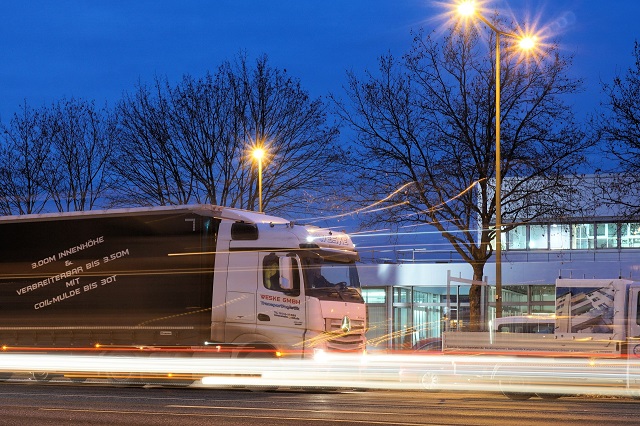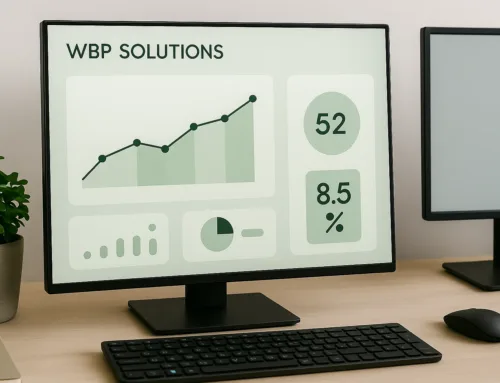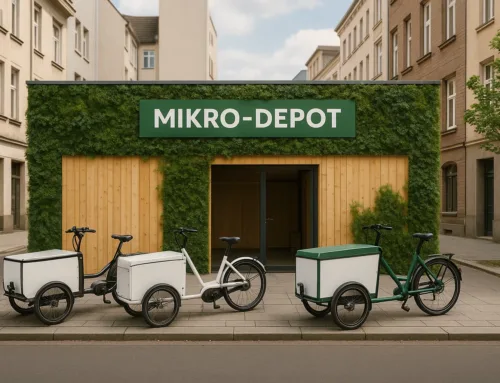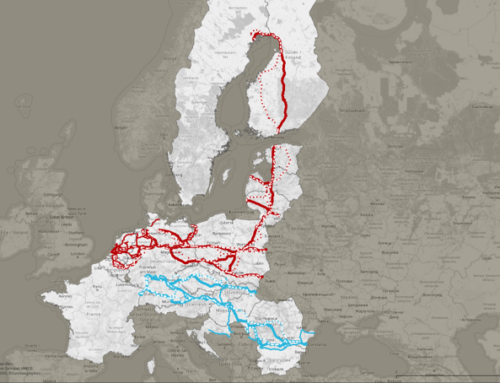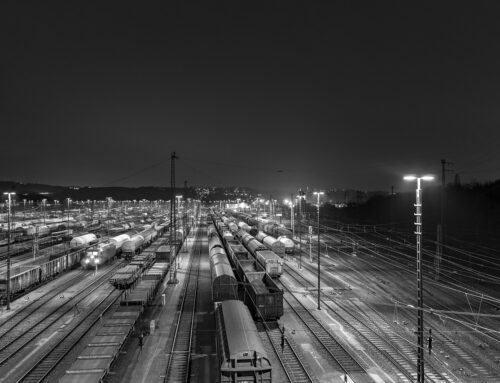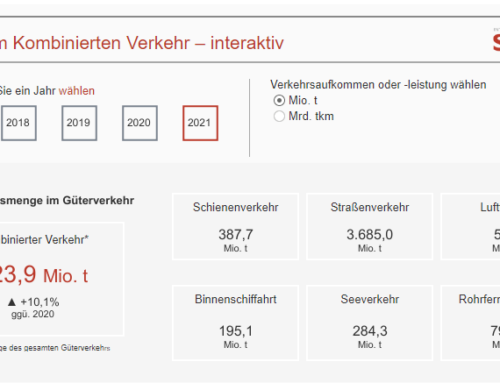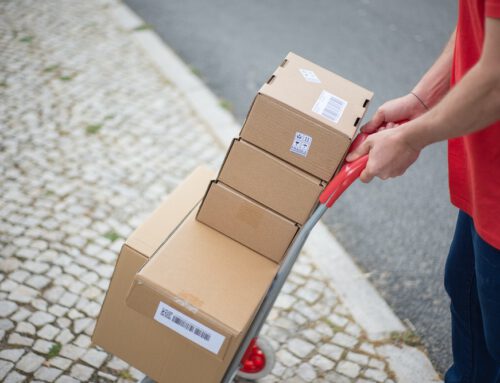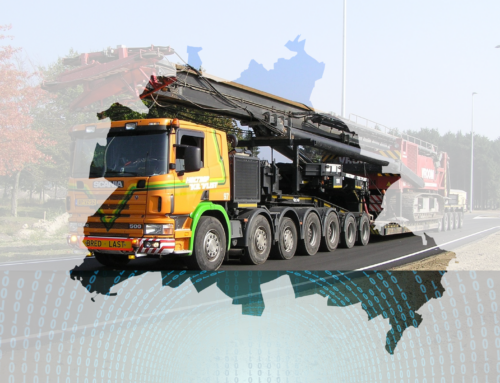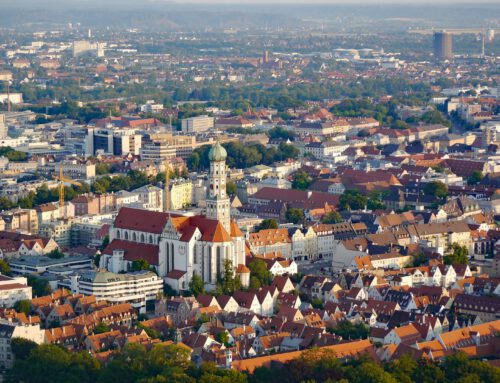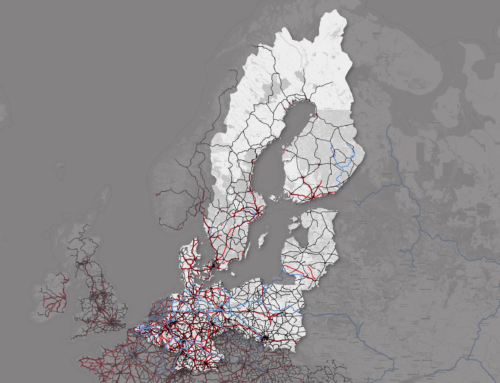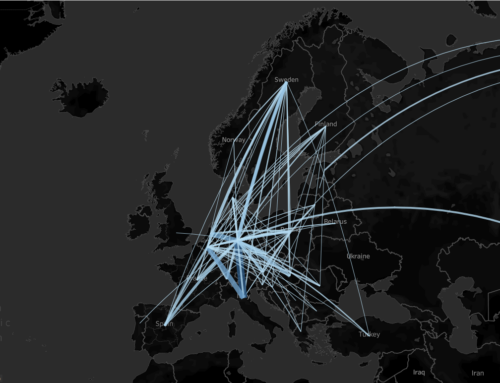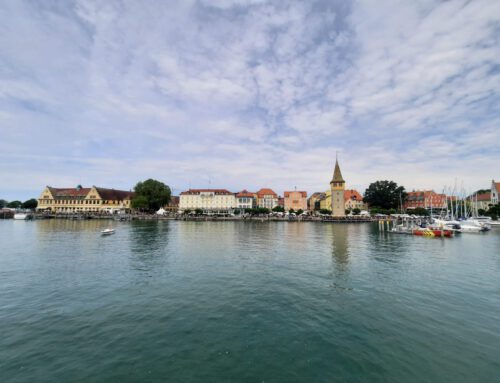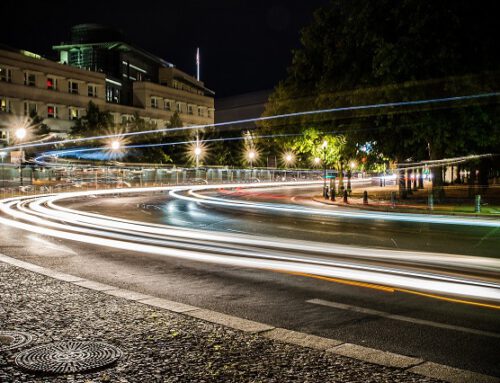Project description
commercial transport is a decisive factor in supplying the population and guests of a city/municipality. it ensures the competitiveness of industrial and business locations. in this context, commercial transport is the basis, part and result of industrial production, goods transport, trade, other services and thus the networking of companies at local, regional, national and global level.
the necessary transport of goods and people in commercial traffic causes undesirable effects in cities, such as increased space requirements and emissions. it is therefore crucial for municipalities to design this important area in a way that is compatible with the city. this is where the integrated commercial traffic concept (IWVK), which is currently being developed by the Berlin Senate Department for the Environment, Transport and Climate Protection, comes in.
The study carried out in this project provides contributions for the IWVK.
- regulatory approaches to the design of urban commercial transport and compared approaches in other German and international cities
- which researches and analyses selected logistics locations in Berlin and Brandenburg
- Inventory analyses of bi- and trimodal transhipment nodes in Berlin carried out
Within the scope of the project, in close coordination and division of labour with the project partners, I was responsible for data research and data preparation for the regulatory approaches and the research of the logistics locations. Besides desktop research and expert interviews, GIS and the use of alternative (online) data sources are used.
(Note: The project descriptions modified by me and presented here have been created jointly by the respective project participants)
Further information
Period
March – August 2018
Client
Project partners
Keywords
Commercial transport
Berlin-Brandenburg metropolitan region
Comparison of cities
spatial analysis


